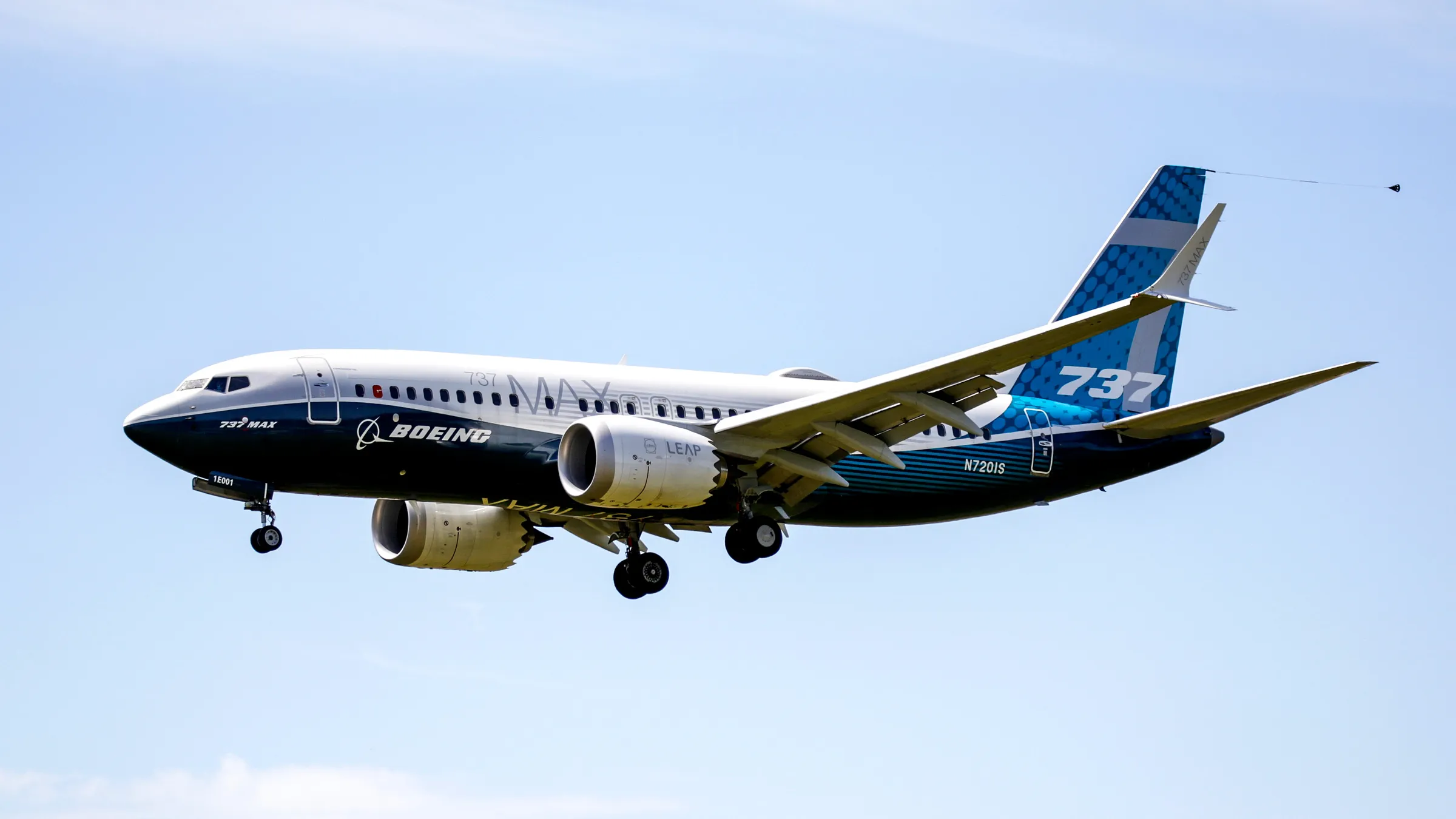Boeing Faces First Strike in 16 Years as Over 30,000 Workers Demand Higher Wages Amid Mounting Financial Woes

Washington, DC, USA: Over 30,000 Boeing manufacturing workers went on strike on Friday, marking the company’s first labor stoppage in 16 years. The strike adds to Boeing’s already mounting troubles, including a $60 billion debt burden and persistent safety concerns.
Boeing’s stock took a hit, reaching a near two-year low as Fitch Ratings warned of a potential downgrade in the company’s credit status if the strike prolongs. Shares dropped nearly 4% on the day, closing at just under $157, and fell 40% year-to-date. During trading, the stock dipped to $155.60, its lowest since hitting $141.54 in November 2022.
Fitch cautioned that if negotiations fail to resolve the strike soon, Boeing might be forced to tap new liquidity sources, which would put additional strain on the company’s financial stability. Boeing has already reported an $8 billion loss this year. Chief Financial Officer Brian West admitted that an extended strike could harm the company’s recovery and delay its production and delivery targets, particularly its goal to manufacture 38 aircraft per month by the year’s end.
Boeing has an order backlog of over 5,500 airplanes, but production has lagged due to ongoing labor shortages and manufacturing issues. Currently, about 70 aircraft are waiting in inventory, and prolonged work stoppages could further disrupt both Boeing’s and the broader aerospace industry, according to West.
The company is a crucial player in the U.S. economy, with nearly 150,000 employees. Boeing is a leading exporter of both commercial aircraft and military equipment, including rockets and spacecraft. The strike follows an overwhelming 95% vote by Boeing workers, represented by the International Association of Machinists and Aerospace Workers (IAM), demanding a 40% wage hike.
The strike, which began at Boeing’s plants in Seattle and Oregon, started after midnight on Thursday. The Biden administration has intervened, encouraging both sides to negotiate. White House Press Secretary Karine Jean-Pierre said the administration is in contact with both the company and the union, urging them to work toward an agreement that benefits the workers.
Initially, Boeing offered a 25% wage increase over four years, adding up to $4,160 per worker under its 401(k) pension plan. The company also agreed to expand health care coverage, offer 12 weeks of paid parental leave, and improve work-life balance by reducing mandatory overtime. However, Boeing is now considering an enhanced proposal after workers rejected the initial offer.
“The overwhelming message from our employees was that the tentative agreement did not meet their expectations,” Boeing said on its website. “We are committed to rebuilding our relationship with our workforce and union, and we are prepared to return to the negotiating table.”
The last Boeing strike in 2008 lasted over 50 days, costing the company an estimated $3 billion. Jefferies aerospace analyst Sheila Kahyaoglu has predicted that a 30-day strike could cost Boeing approximately $1.5 billion.
Boeing’s troubles are compounded by safety issues that have plagued the company in recent years. In 2018 and 2019, two fatal crashes involving the 737 MAX 8 aircraft killed 346 people, leading to the jets’ temporary global grounding. Boeing has since allocated $100 million to compensate the victims’ families. Earlier this year, a 737 MAX operated by Alaska Airlines experienced a mid-flight door malfunction, and more recently, a tire explosion on a Delta Air Lines Boeing 757 resulted in the deaths of two workers at Atlanta’s airport in August.








